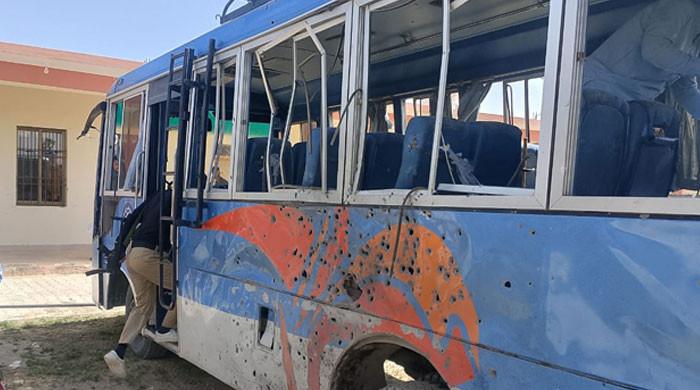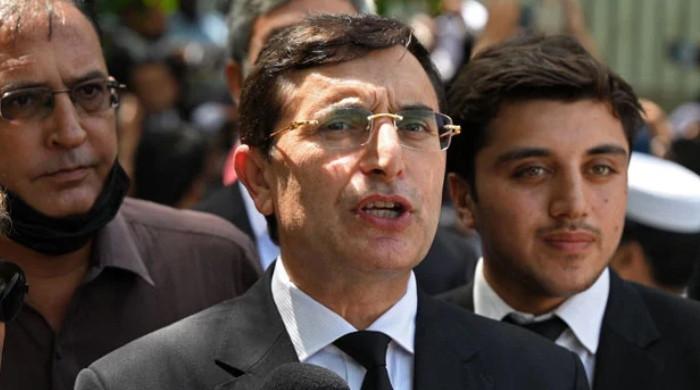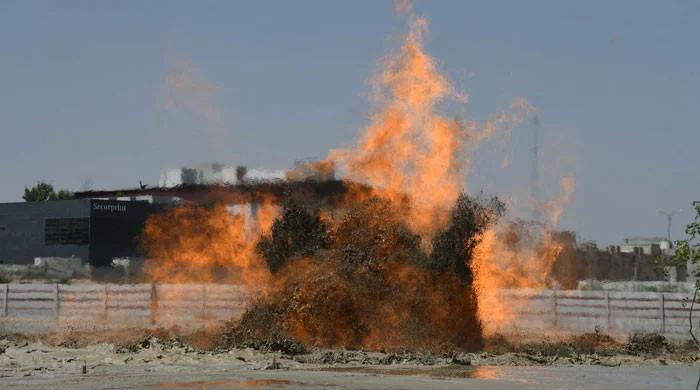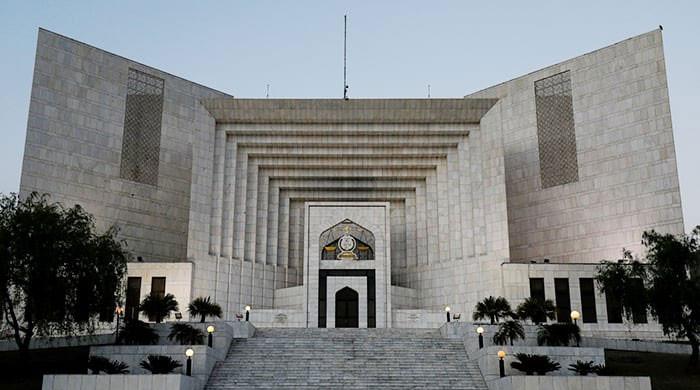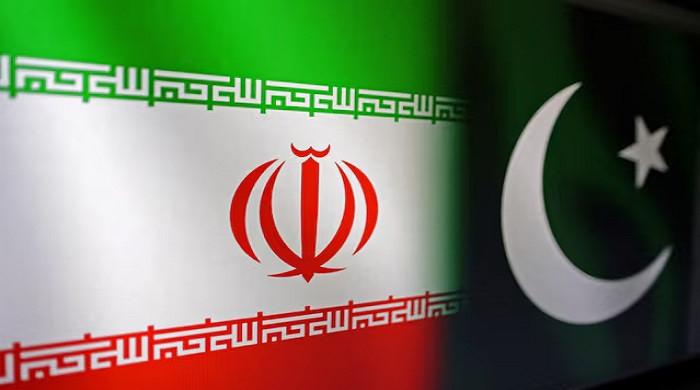Pakistan needs social accountability just as much as the state's anti-corruption drive
The present accountability initiative has been initiated by the government, while social accountability is driven by the public, at the grass-root level
September 15, 2020
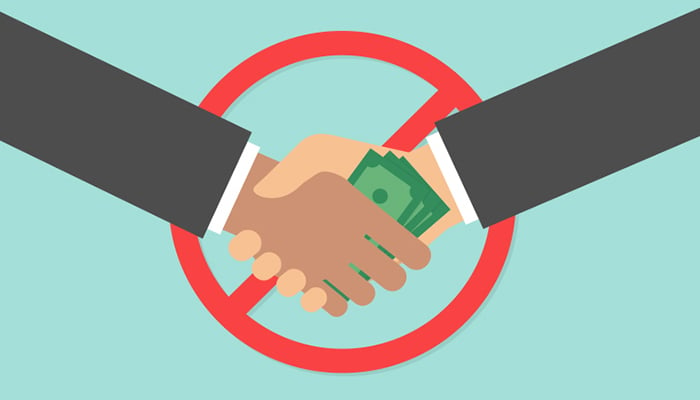
“Accountability” is a word often used by Prime Minister Imran Khan and his cabinet. With this one word, the ruling party hopes to turn around the fortunes of the country, by bringing back “looted” money stashed in foreign accounts or invested in offshore properties.
Regardless of how effective the accountability drive has been to date, there is no doubt that accountability is an important pillar of governance and service delivery. But the question to be asked here is: what kind of accountability?
A few days ago, I came across the term “social accountability”. The United Nations (UN) defines “social accountability” as a form of accountability that emerges through actions by citizens, and civil society organisations, aimed at holding the state to account. It also includes efforts by government and other actors - therefore media, private sector, donors - to support and respond to these actions.
The UN further adds that the goal of social accountability is not to replace but to reinforce and complement existing accountability mechanisms. It can be used to hold officials responsible and answerable in regard to issues of governance and to prevent misuse of office.
The United Nations adds that “social accountability has a strong signalling function especially if the media are actively involved in exposing the misuse of office.”
Now, how does this differ from Prime Minister Khan’s accountability drive?
The present accountability initiative has been initiated by the government, while social accountability is driven by the public, at the grass-root level.
On paper, social accountability is essential, as it directly links with the problems of the people. For example, if you don’t have access to a public school in your vicinity, you demand your local representative to take it into account and work to address it.
There are different models of social accountability being practised in different parts of the world. One example is a campaign in South Africa, where civil society actively monitors public spending on initiatives related to women-empowerment.
Brazil has a model where the community plays a role in preparing local government budgets. Three cities in India have citizen report cards that allow them to mark the performance of their governments.
Separately, a law in Bolivia allows civil society organisations to give their input for the formulation of five-year plans.
Even in Pakistan, there are several organisations working to empower the community to force a participatory governance model. In 12 districts of Khyber Pakhtunkhwa, over 3,000 such projects by civil societies have encouraged people to rise up and ask for their due share.
Take a small village in Mardan, Khyber Pakhtunkhwa, where a tube well was built by the Public Health Department in 2013.
However, the tube well had remained unused as no operating staff was assigned to it. In November 2018, with the help of a civil society organization, residents filed a complaint with the Ehtesab Commission. Today, the tube well is functional, all because of social accountability.
In Dera Ismail Khan’s Shore Kot, a basic health unit (BHU) was established in 1984. But since its inception, the unit has not had a single female doctor. Women in the area would have to travel 10-12 kilometres to the nearest district headquarters for treatment. In February, the local civil society took up the matter and convened a community meeting, where a petition was prepared. The petition was later presented to the in-charge health official. After 36 years, the BHU got its first female doctor.
There are many such stories of social accountability which has improved service delivery in Pakistan. So, again the question to be asked is, which accountability is the more urgent need of the hour? Take your pick.




